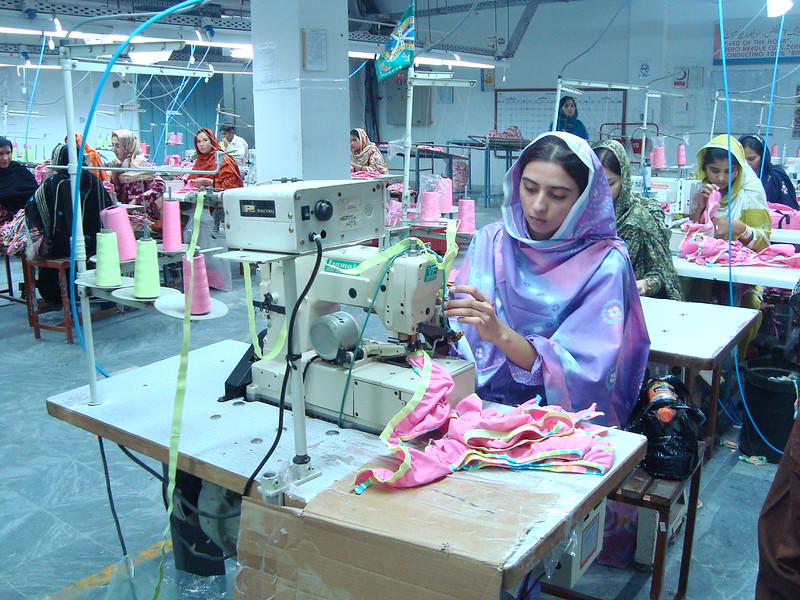7 September, 202211 September marks the tenth anniversary of the fire at Ali Enterprises, a readymade garment-manufacturing factory, in Pakistan. More than 250 people were killed and over 50 were injured in one of the world’s worst industrial fires. Although workplace safety remains a major concern, significant steps towards safer factories for textile and garment workers have been taken at a global level in the last year.
In October 2021, the first ever code of practice for the textile and garment industry was adopted at the ILO after negotiations between governments, employers and unions. The new code of practice contains concrete guidance on improving health and safety.
The International Labour Conference, held in Geneva in June, added health and safety to the ILO fundamental principles and rights at work. This means that that all ILO member states commit to respect and promote the fundamental right to a safe and healthy working environment, whether or not they have ratified the relevant ILO Conventions.
On a country level, there is still a lot that need to happen. Pakistan is one of the countries where the situation needs to improve in order to avoid further fires and building collapses.
The International Accord, devised after the Rana Plaza industrial homicide in 2013, has been instrumental in making Bangladesh’s garment and textile factory safer. The groundwork for implementing it in Pakistan has begun.
“Today, we honour those who died and were injured in the fire at Ali Enterprises,”
says IndustriALL general secretary Atle Høie.
“Garment workers need safe factories; safety is a right, not a privilege. We know the difference the binding mechanisms of the International Accord make to the industry and we look forward to working with brands, manufacturers and our unions to implement it in Pakistan."
Photo: Garment workers in Pakistan © ILO
